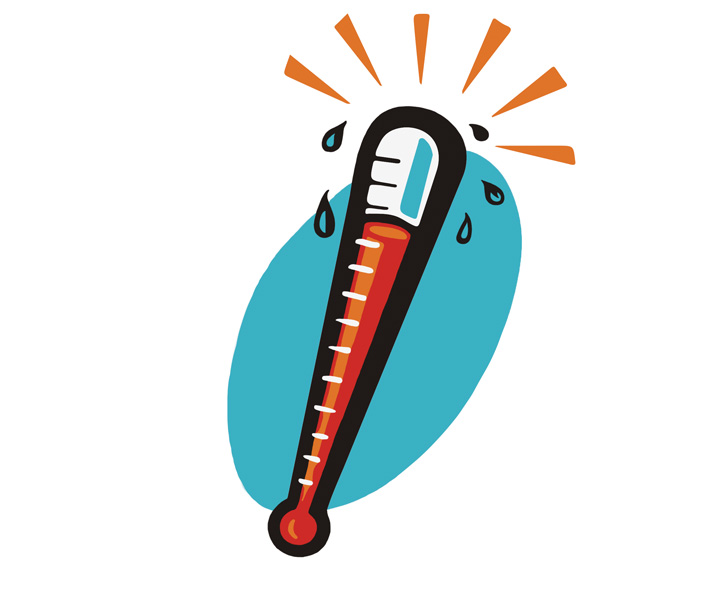UN report warns of impending climate change
Environmental concerns more pressing than ever, according to UN report
November 19, 2018
With the release of a report from the United Nations Intergovernmental Panel on Climate change (IPCC), which describes irreversible damage to the planet by 2050, students and staff are advocating for a stronger stance on environmental practices.
The report focuses on the effects of carbon emissions on the rise of global temperatures. Initially, the creation of the Paris accord in 2015 was meant to limit global rise to 1.5-2 degrees Celsius. Even with doubts from the scientific community three years ago, this report maintains that the world “would require a 40-50 percent reduction in emissions by 2030” to prevent serious, damaging shifts in the climate by 2050.
To some, this report does not come as a surprise. Science teacher Zachary Casey worked as a geologist in environmental fields before teaching at Lawrence High. From experience, his outlook on the effects of human activity remains grim, taking into account statistical and anecdotal evidence.
“I absolutely think this is going to happen,” Casey said. “We’re already seeing some of those effects, and one of the things I used to do was do wastewater treatment for an engineering firm. One of the things that we saw was we got more intense rainfall, but way less frequently, which we’ve also seen more recently.”
Casey said the only logical step is a unification through political and economic interests, specifically making problem areas more well-known.
“The biggest thing is how we receive our energy and that’s something we don’t really have a hold of,” Casey said. “We have to go at legislators to change that and we have to set that fire to actually get them to change that.”
Senior Jillian Wilson, co-president of Environmental Club, also sees the implications of these findings. She equates them to a trend of inaction set by previous generations.
“A lot of people try to push it back and say ‘oh the next generation will worry about that, I’m just gonna live my life now,’ ” Wilson said. “It’s happening now, and people need to be more conscious about it, whether they are an environmentalist or not.”
Similar to Casey, Wilson said the brunt of these implications fall on everyone but sees a solution in small, daily activities. Many of these are promoted through the teachings of the club.
“We try to spread the word of what you can do for the Earth,” Wilson said. “Eating less meat, recycling, using less plastic, reusing things, glass containers, basically not having things go through shipment and manufacturing is the big thing.”
To most, activism and education proves to be the best way to fight against this change. Wilson applies this proactive belief to the teachings of the Environmental Club.
“If they want to live on an Earth that’s still producing, they have to help now,” Wilson said. “They can’t just ignore it.”















